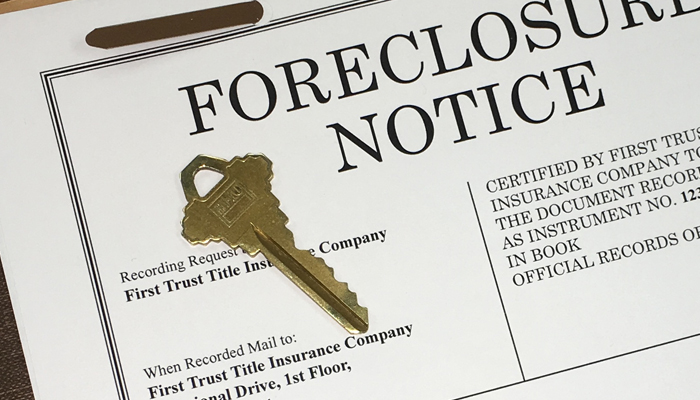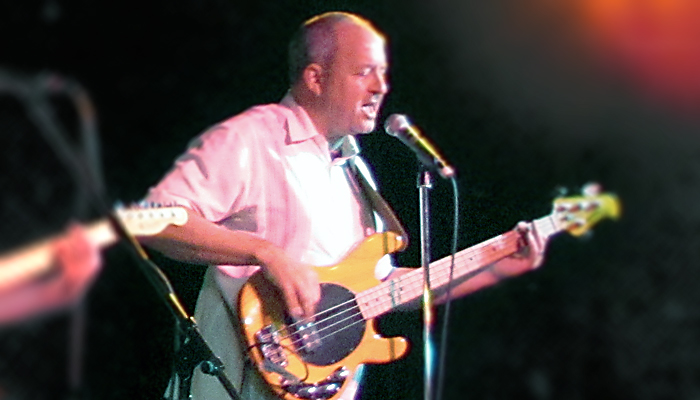
The increased number of residential foreclosures in the recent past has also led to a rise in the number of lawsuits from borrowers challenging the validity of some of those foreclosures. As a result, a number of recent Virginia cases have shed some light on the foreclosure process and helped to clarify the rights of the parties involved.
When faced with foreclosure, property owners will sometimes call into question the conduct of the lender prior to the foreclosure sale. Sometimes the foreclosed owner will seek to rescind the sale of the property after the foreclosure sale has taken place. In two recent cases, Ramos v. Wells Fargo Bank, (2015), and Mathews v. PHH Mortgage Corp., (2012), the Supreme Court of Virginia confirmed that any challenge to a foreclosure based on the pre-foreclosure conduct of the lender must be filed before the foreclosure sale has taken place, if the borrower wants to avoid a foreclosure sale. Once the foreclosure has taken place, a property owner can sue the lender for damages based on the claim of a wrongful foreclosure, but cannot bring an action to rescind the sale.
Once the sale has taken place, a property owner can still challenge a foreclosure based on a defect in the conduct of the sale itself. In order to overturn a defective foreclosure sale, the property owner must be able to allege the following: a defect in the conduct of the sale, a grossly inadequate sales price, and that any third-party purchaser had notice of the defect in the conduct of the sale. In Squire v. Virginia Housing Development Authority, (2012), the Supreme Court of Virginia held that unless the property owner can prove that the trustee was guilty of fraud, or demonstrated any partiality toward or was in collusion with the purchaser, even an inadequate price would not necessitate that the sale be set aside.
Perhaps one of the most surprising of the recent decisions following a foreclosure has come in the context of an action to take possession of foreclosed property. Prior to 2016, many practitioners believed that any issues with respect to a foreclosure were not relevant in an action seeking possession. The General District Courts, which do not have subject matter jurisdiction over title claims, usually hear actions with respect to possession in the form of an action for unlawful detainer. A Trustee’s Deed was sufficient evidence of the right to possession of the property, and any challenge to the validity of a Trustee’s Deed would have to come in the form of a separate action by the former property owner in the Circuit Court. The foreclosure purchaser would be entitled to possession until the Circuit Court had ruled on any action related to the validity of the Trustee’s Deed.
This past year, the Virginia Supreme Court ruled in Parrish v. Federal National Mortgage Association, that issues of title can be presented to the General District Court as a part of a proceeding for unlawful detainer. If the General District Court finds that the former property owner’s allegations of a defective sale have merit, it must immediately dismiss the action, without prejudice, to allow the parties to address the issues in the Circuit Court. However, if the General District Court finds that the former property owner’s allegations of a defective foreclosure sale do not have merit, then the General District Court can proceed with the unlawful detainer and grant possession of the property to the foreclosure purchaser. As has always been the case, the former property owner would have an appeal by right to the Circuit Court. It will be interesting to see the extent of the impact that Parrish v. Federal National Mortgage Association will have on unlawful detainer actions in the future.




